Vegan Nutrition Recipes for Athletes: 10+ Easy High-Protein Meals & Tips
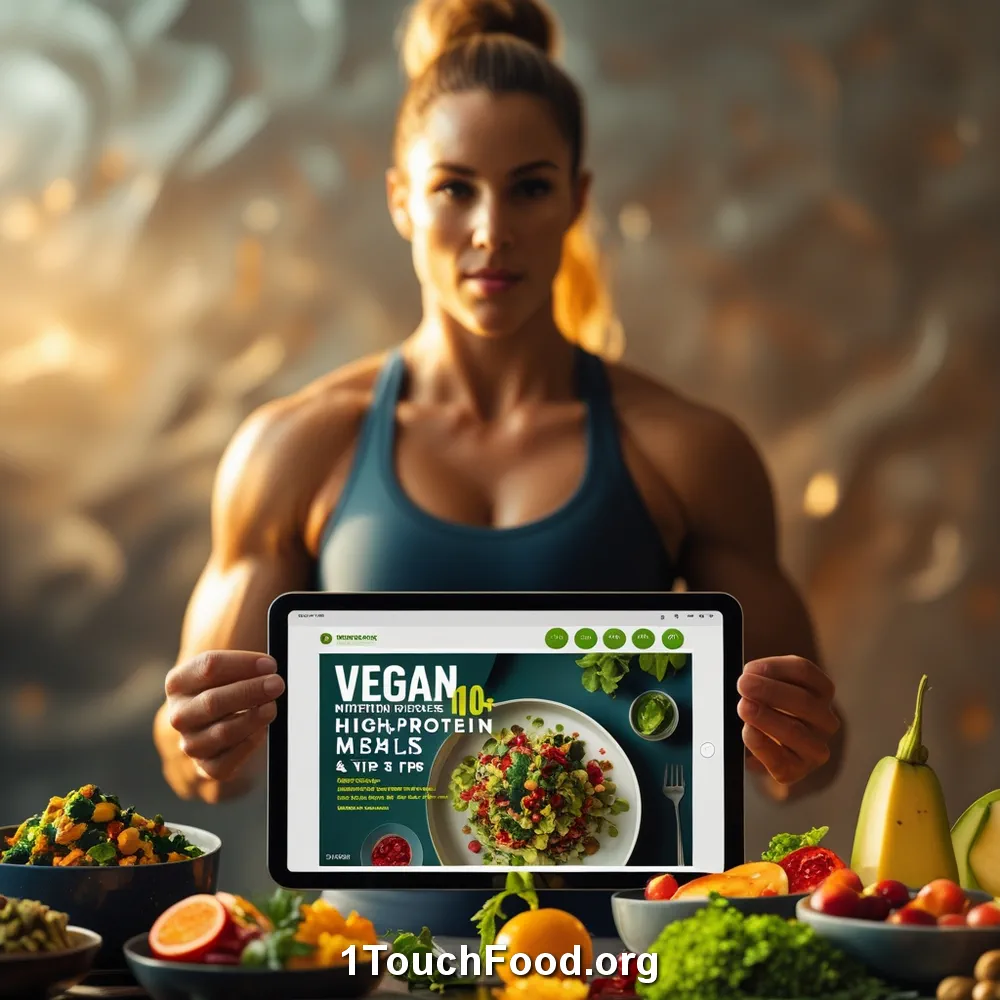
Introduction: Why Is Vegan Nutrition for Athletes So Popular?
Have you ever wondered how top athletes like Venus Williams or ultra-runner Scott Jurek power through grueling training sessions and competitions without touching animal products? It starts with a simple shift: embracing vegan nutrition recipes for athletes. In today’s fitness world, plant-based eating isn’t just a trend—it’s a game-changer. From professional marathoners to weekend warriors, more people are discovering that a well-planned plant-based athlete diet can fuel endurance, speed up recovery, and even enhance overall performance.
The rise in popularity stems from a growing awareness of health and environmental benefits. Across cultures, from the plant-heavy Mediterranean diets to ancient Indian traditions emphasizing lentils and grains, vegan-inspired eating has long supported active lifestyles. In the U.S. alone, the number of vegan athletes has surged, with many citing improved energy levels and reduced inflammation as key perks. Preparing these vegan athlete meals at home allows you to control ingredients, ensuring they’re fresh, organic, and tailored to your needs—whether you’re bulking for strength sports or leaning out for endurance events.
What makes vegan nutrition recipes for athletes so appealing? They’re versatile, nutrient-dense, and surprisingly simple. Imagine whipping up a high-protein quinoa bowl that rivals any meat-based meal in satiety and muscle support. These recipes emphasize whole foods like beans, nuts, seeds, and greens, delivering essential macros without the heaviness of animal proteins. Plus, they cater to diverse needs: gluten-free options for sensitive stomachs, low-carb variations for keto-leaning athletes, or calorie-dense packs for high-volume training. Nutritionally, they shine with high fiber for gut health, antioxidants for recovery, and complex carbs for sustained energy—perfect for anyone chasing personal bests.
As we dive deeper, you’ll see how these meals aren’t just about sustenance; they’re about thriving. Whether you’re a beginner triathlete or a seasoned bodybuilder, incorporating endurance nutrition through plant-based sources can transform your routine. Let’s explore why making these at home is a smart move and unpack the science behind their benefits.
Importance of Preparing Vegan Nutrition Recipes for Athletes at Home
In a fast-paced world where convenience foods dominate, taking the time to prepare vegan nutrition recipes for athletes at home might seem like an extra chore. But it’s a worthwhile investment that pays off in performance, health, and wallet savings. Unlike pre-packaged meals loaded with preservatives and hidden sugars, homemade vegan athlete meals let you handpick high-quality ingredients. No need for fancy equipment—just a blender, stove, or even no-cook assembly for quick options. This simplicity means anyone, from busy professionals to student athletes, can whip up a nutrient-packed meal in under 30 minutes.
One major advantage is cost savings. Store-bought vegan protein bars or ready-made salads can cost a premium, often $5-10 per serving. At home, using staples like lentils, oats, and seasonal veggies, you can create similar vegan athlete meals for pennies on the dollar. For instance, a batch of chickpea stir-fry might set you back $2 per portion, yielding multiple servings. This is especially helpful during tight budgets or when training demands increase calorie needs without breaking the bank.

Quality control is another key benefit. When you prepare your own plant-based athlete diet, you avoid common pitfalls like excessive sodium in canned goods or allergens in processed items. Opt for organic produce to minimize pesticide exposure, or customize for specific goals—add extra nuts for healthy fats during endurance training, or amp up greens for detox post-competition. This personalization extends to dietary restrictions; easily swap in gluten-free grains or nut-free alternatives without compromising taste.
Even with limited resources, home preparation shines. No full kitchen? No problem—many recipes rely on microwaveable oats or raw salads. Time-strapped? Meal prepping on weekends ensures grab-and-go endurance nutrition throughout the week. Athletes in remote areas or traveling can pack portable ingredients like seeds and dried fruits. Ultimately, preparing vegan nutrition recipes for athletes at home empowers you to fuel your body optimally, fostering consistency in training and recovery. It’s not just cooking; it’s crafting a foundation for peak performance.
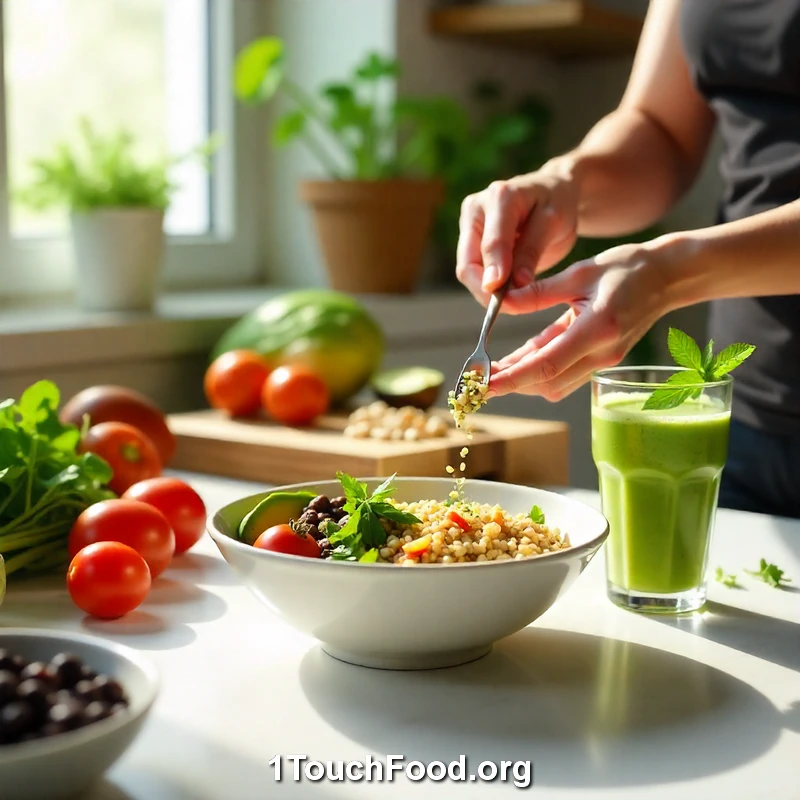
Nutritional Benefits and Variety of Vegan Nutrition Recipes for Athletes
Diving into the nutritional powerhouse of vegan nutrition recipes for athletes reveals why so many are making the switch. A plant-based athlete diet is naturally rich in complex carbohydrates, which serve as the primary fuel for endurance activities. Foods like quinoa, sweet potatoes, and brown rice provide steady energy release, helping maintain glycogen stores during long runs or intense workouts. Moreover, these recipes are loaded with fiber, aiding digestion and promoting a healthy gut microbiome—crucial for nutrient absorption and immune function in athletes prone to overtraining.
Protein, often a concern for vegans, is abundantly available in plant sources. Legumes, tofu, tempeh, and seitan deliver complete proteins when combined thoughtfully, supporting muscle repair and growth. For example, a single cup of lentils packs about 18 grams of protein, rivaling animal sources without the saturated fats that can hinder recovery. Vitamins and minerals shine too: iron from spinach and beans for oxygen transport, calcium from fortified plant milks for bone health, and vitamin C from berries to boost iron absorption. Antioxidants in fruits and veggies combat oxidative stress from exercise, reducing inflammation and speeding up healing.
Variety keeps things exciting and nutritionally balanced. Vegan athlete meals can be tailored for specific needs—high-protein for strength athletes, carb-focused for endurance nutrition, or low-calorie for weight management. Gluten-free versions swap wheat for buckwheat, while kid-friendly options add fun flavors like chocolate from cacao. Healthy substitutes abound: use maple syrup instead of refined sugar for natural sweetness, or flaxseeds as egg replacers in baking. For special diets, nut-free recipes rely on seeds, and low-FODMAP choices avoid onions for sensitive guts.
This flexibility makes vegan nutrition recipes for athletes ideal for diverse lifestyles. Whether you’re prepping for a marathon with beetroot smoothies for nitric oxide boost or recovering with anti-inflammatory turmeric curries, the options are endless. Studies show plant-based diets can enhance VO2 max and cardiovascular efficiency, giving athletes an edge. Embrace this variety to sustain long-term adherence and enjoyment in your training journey.
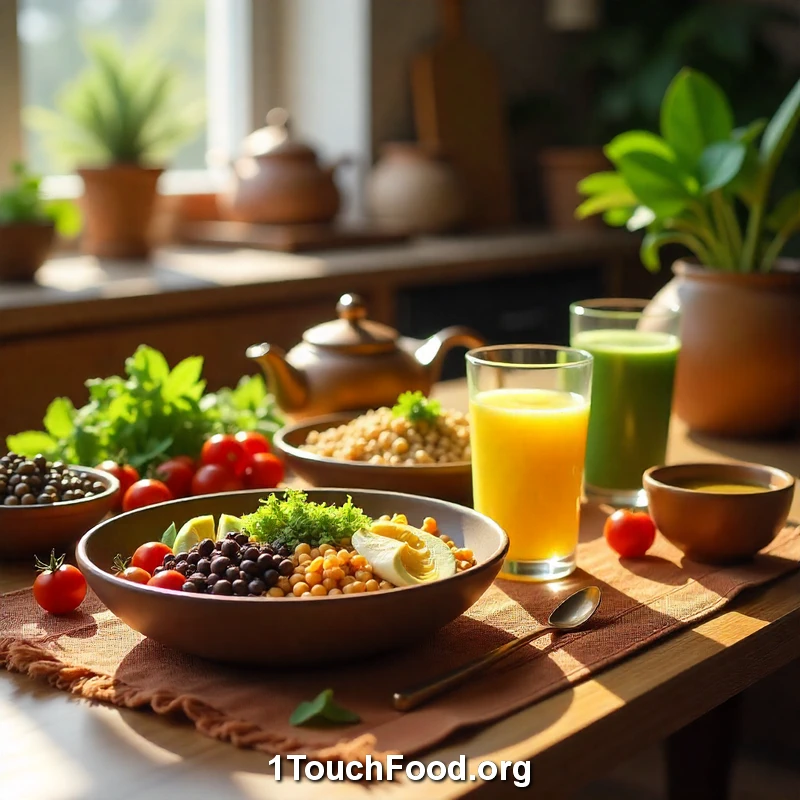
Diverse Recipes for Vegan Nutrition in Athletes
Building on the foundation of why vegan nutrition recipes for athletes’ matter, let’s jump into the fun part: actual recipes. These vegan athlete meals are designed for variety, covering breakfast boosts, quick lunches, and recovery dinners. They’re perfect for different occasions—pre-workout fuel for gym sessions, portable snacks for hikes, or hearty meals for post-race refueling. Whether you’re catering to special diets like gluten-free or just craving flavor, these can be personalized. I encourage you to experiment: swap ingredients based on what’s in season or your preferences. Ready to fuel your plant-based athlete diet? Let’s get cooking!
High-Protein Quinoa Bowl for Endurance Athletes
Ingredients
- 1 cup quinoa, rinsed
- 2 cups vegetable broth
- 1 can (15 oz) black beans, drained and rinsed
- 1 avocado, sliced
- 1 cup cherry tomatoes, halved
- 1/2 cup corn kernels
- 1/4 cup chopped cilantro
- Juice of 1 lime
- 1 tsp cumin
- Salt and pepper to taste
- Optional: 1/4 cup pumpkin seeds for extra crunch
Preparation Steps
- In a medium pot, bring vegetable broth to a boil. Add quinoa, reduce heat, cover, and simmer for 15 minutes until fluffy.
- While quinoa cooks, mix black beans, tomatoes, corn, and cilantro in a bowl.
- Fluff quinoa with a fork, then combine with the bean mixture.
- Drizzle with lime juice, sprinkle cumin, salt, and pepper. Toss gently.
- Top with avocado slices and pumpkin seeds. Serve warm or chilled.
Tips and Substitutes
This vegan athlete meal is ideal for endurance nutrition, packing about 20g protein per serving. For a gluten-free twist, ensure broth is certified. Substitute black beans with chickpeas for variety, or add spinach for iron boost. Store in airtight containers for up to 3 days—perfect meal prep. Pro tip: Warm it slightly before eating to enhance flavors.
Green Power Smoothie for Quick Recovery
Ingredients
- 2 cups spinach or kale
- 1 banana, frozen
- 1/2 cup frozen berries (blueberries or strawberries)
- 1 tbsp chia seeds
- 1 scoop pea protein powder
- 1 cup almond milk (unsweetened)
- 1 tsp spirulina powder (optional for extra nutrients)
- A handful of ice cubes
Preparation Steps
- Add greens, banana, berries, chia seeds, and protein powder to a blender.
- Pour in almond milk and spirulina if using.
- Blend on high until smooth, adding ice for desired thickness.
- Pour into a glass and enjoy immediately.
Tips and Substitutes
Bursting with antioxidants, this smoothie supports plant-based athlete diet recovery by reducing inflammation. It’s no-cook and ready in 5 minutes—great for busy mornings. Swap almond milk for soy for more protein, or use hemp seeds instead of chia for omega-3s. For sweeter taste, add a date. Ideal as a post-workout vegan athlete meal to replenish glycogen.
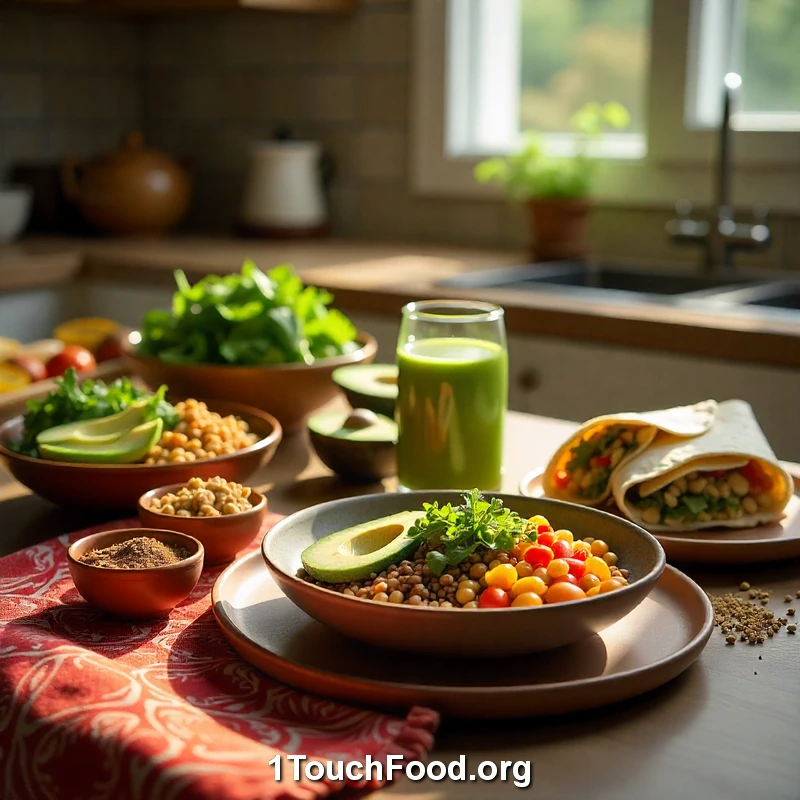
Lentil Stew for Muscle Building
Ingredients
- 1 cup green lentils, rinsed
- 4 cups vegetable stock
- 1 onion, diced
- 2 carrots, sliced
- 2 celery stalks, chopped
- 3 garlic cloves, minced
- 1 tsp turmeric
- 1 tsp paprika
- 2 cups chopped kale
- Salt and pepper to taste
- 1 tbsp olive oil
Preparation Steps
- Heat oil in a large pot over medium heat. Sauté onion, carrots, celery, and garlic for 5 minutes.
- Add lentils, stock, turmeric, and paprika. Bring to a boil, then simmer for 25-30 minutes until lentils are tender.
- Stir in kale and cook for another 5 minutes.
- Season with salt and pepper. Serve hot.
Tips and Substitutes
This hearty stew delivers endurance nutrition with iron-rich lentils for oxygen delivery. For a spicier kick, add chili flakes. Substitute kale with spinach or use red lentils for quicker cooking. Freezes well for batch prepping—reheat with a splash of water. A staple in vegan nutrition recipes for athletes focusing on strength.
Tofu Stir-Fry with Veggies
Ingredients
- 14 oz firm tofu, pressed and cubed
- 2 cups broccoli florets
- 1 red bell pepper, sliced
- 1 zucchini, sliced
- 2 tbsp soy sauce (low-sodium)
- 1 tbsp sesame oil
- 2 garlic cloves, minced
- 1 inch ginger, grated
- 1/4 cup cashews
- Cooked brown rice for serving
Preparation Steps
- Heat sesame oil in a wok over medium-high. Add tofu and stir-fry until golden, about 5 minutes.
- Add garlic, ginger, broccoli, bell pepper, and zucchini. Cook for 7-10 minutes until veggies are tender-crisp.
- Pour in soy sauce and toss to coat.
- Sprinkle cashews and serve over brown rice.
Tips and Substitutes
Packed with complete proteins, this is a go-to for plant-based athlete diet dinners. Use tamari for gluten-free. Swap tofu with tempeh for firmer texture or add mushrooms for umami. Quick and customizable—great for weekly vegan athlete meals.
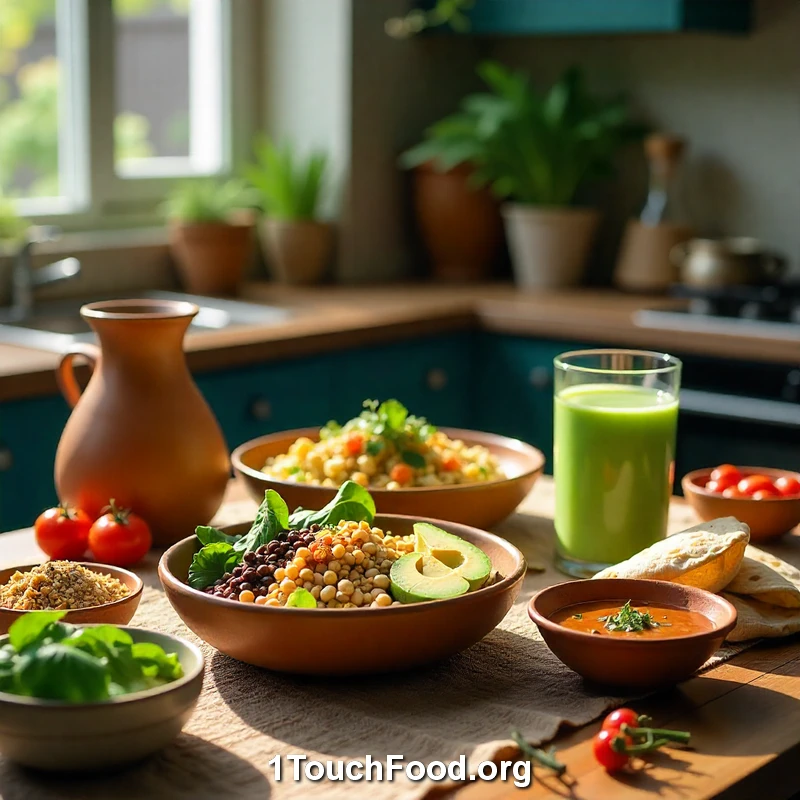
Chickpea Salad Wraps
Ingredients
- 1 can (15 oz) chickpeas, mashed
- 1/4 cup tahini
- 1 celery stalk, diced
- 1/4 red onion, finely chopped
- Juice of 1 lemon
- 1 tsp mustard
- Salt and pepper to taste
- Lettuce leaves or whole-grain wraps
- Sliced tomatoes and cucumber for filling
Preparation Steps
- In a bowl, mix mashed chickpeas, tahini, celery, onion, lemon juice, mustard, salt, and pepper.
- Adjust seasoning to taste.
- Spoon mixture into lettuce leaves or wraps.
- Add tomatoes and cucumber, roll up, and serve.
Tips and Substitutes
This no-cook option provides quick endurance nutrition on the go. For creamier texture, add avocado. Use sunflower seed butter instead of tahini if nut-free. Portable and refreshing—ideal for lunch in a plant-based athlete diet.
More Recipes for Vegan Nutrition in Athletes
Continuing our culinary adventure, here are five additional vegan nutrition recipes for athletes to expand your repertoire. These focus on unique flavors and needs, like kid-friendly twists or low-calorie options, while weaving in secondary keywords for a well-rounded plant-based athlete diet.
Tempeh Buddha Bowl
Ingredients
- 8 oz tempeh, cubed
- 1 sweet potato, diced
- 2 cups mixed greens
- 1/2 cup cooked farro
- 1/4 avocado, sliced
- 2 tbsp tahini dressing
- 1 tsp smoked paprika
- 1 tbsp olive oil
- Lemon wedge for serving
Preparation Steps
- Preheat oven to 400°F. Toss sweet potato with oil and paprika; roast for 20 minutes.
- In a skillet, sauté tempeh until crispy, about 5 minutes.
- Assemble bowl: greens base, add farro, sweet potato, tempeh, and avocado.
- Drizzle tahini and squeeze lemon.
Tips and Substitutes
This bowl boosts endurance nutrition with fermented tempeh for gut health. Swap farro for quinoa if gluten-free. Add beets for nitrate boost. A balanced vegan athlete meal for lunch.
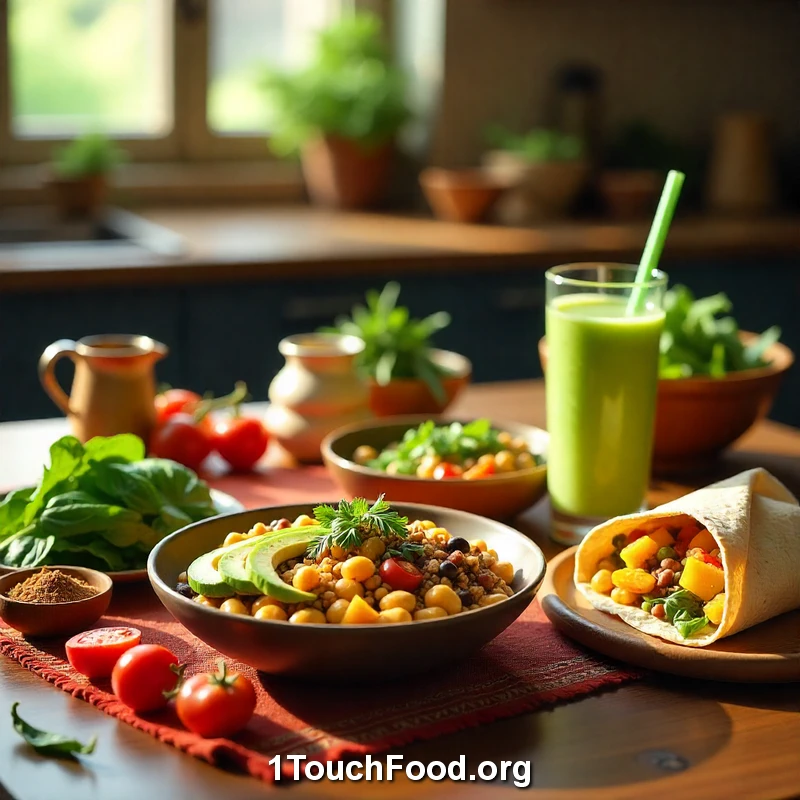
Bean Burger Patties
Ingredients
- 1 can (15 oz) kidney beans, mashed
- 1/2 cup oats
- 1/4 onion, grated
- 2 garlic cloves, minced
- 1 tsp cumin
- 1 tsp chili powder
- Salt to taste
- Buns and toppings (lettuce, tomato)
Preparation Steps
- Mix all ingredients in a bowl until cohesive.
- Form into 4 patties.
- Cook in a non-stick pan over medium heat, 4 minutes per side.
- Serve on buns with toppings.
Tips and Substitutes
High in fiber for sustained energy, perfect for plant-based athlete diet barbecues. Use black beans for variety or add flax for binding. Grill for smoky flavor.
Nut Butter Energy Balls
Ingredients
- 1 cup dates, pitted
- 1/2 cup almonds
- 1/4 cup peanut butter
- 2 tbsp cocoa powder
- 1 tbsp chia seeds
- Pinch of sea salt
Preparation Steps
- Blend dates, almonds, peanut butter, cocoa, chia, and salt in a food processor until dough forms.
- Roll into 12 balls.
- Chill for 30 minutes before eating.
Tips and Substitutes
These no-bake bites provide quick endurance nutrition. Nut-free? Use sunflower butter. Roll in coconut for extra flair. Ideal snacks for vegan athlete meals.
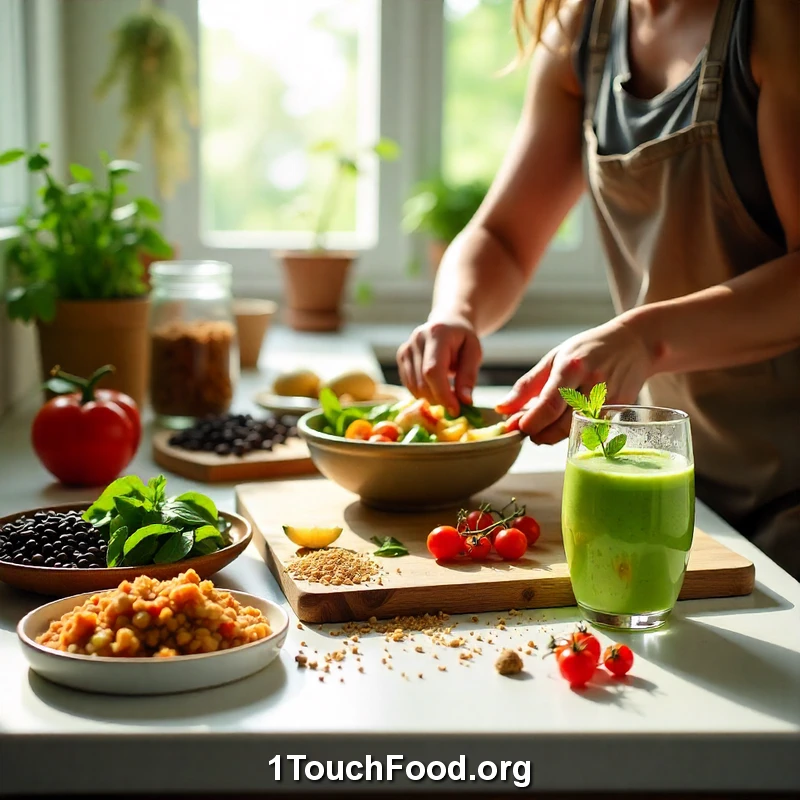
Seitan Stir-Fry Noodles
Ingredients
- 8 oz seitan, sliced
- 2 cups rice noodles, cooked
- 1 bell pepper, julienned
- 1 carrot, shredded
- 2 tbsp hoisin sauce
- 1 tbsp soy sauce
- 1 tsp ginger, minced
- Sesame seeds for garnish
Preparation Steps
- Stir-fry seitan, pepper, carrot, and ginger for 5 minutes.
- Add noodles, hoisin, and soy; toss for 3 minutes.
- Garnish with seeds.
Tips and Substitutes
Protein-dense for muscle recovery in a plant-based athlete diet. Use zucchini noodles for low-carb. Add broccoli for vitamins.
Berry Oat Parfait
Ingredients
- 1 cup rolled oats
- 1 cup plant yogurt
- 1 cup mixed berries
- 1 tbsp maple syrup
- 1/4 cup walnuts, chopped
Preparation Steps
- Layer oats, yogurt, berries, and walnuts in a jar.
- Drizzle maple syrup.
- Refrigerate overnight for best texture.
Tips and Substitutes
A kid-friendly breakfast with antioxidants for endurance. Use coconut yogurt for creaminess or agave instead of maple.
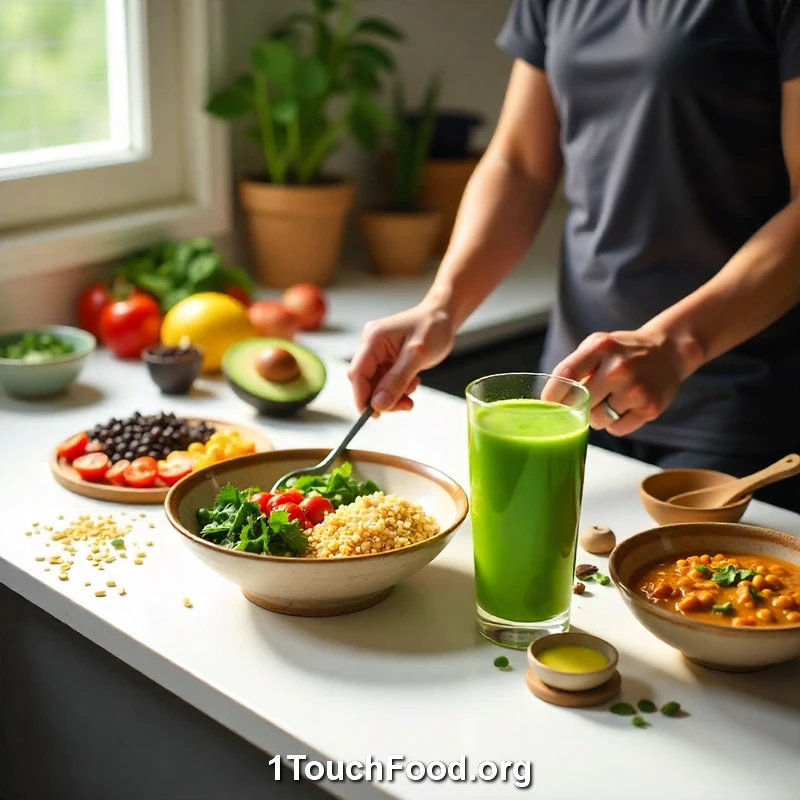
Practical Guide to Choosing the Right Vegan Nutrition Recipes for Athletes
Selecting the perfect vegan nutrition recipes for athletes depends on your goals, schedule, and preferences. For high-intensity occasions like competitions, opt for carb-heavy meals like quinoa bowls to stock up on glycogen. Snacks such as energy balls work for quick energy during parties or travel. Special diets? Choose gluten-free options like chickpea salads or nut-free substitutes in smoothies.
Beginners, start simple: Focus on accessible ingredients like beans and greens to build confidence. Meal prep is key—batch cook stews on Sundays for the week. For decoration, garnish with herbs or seeds for visual appeal; serve in bowls for Instagram-worthy presentations. Tailor to training: Endurance athletes prioritize beets and berries for nitric oxide, while strength-focused folks amp up proteins with tofu or tempeh.
This guide ensures your plant-based athlete diet is sustainable, enjoyable, and performance-driven. Experiment to find what fuels you best.
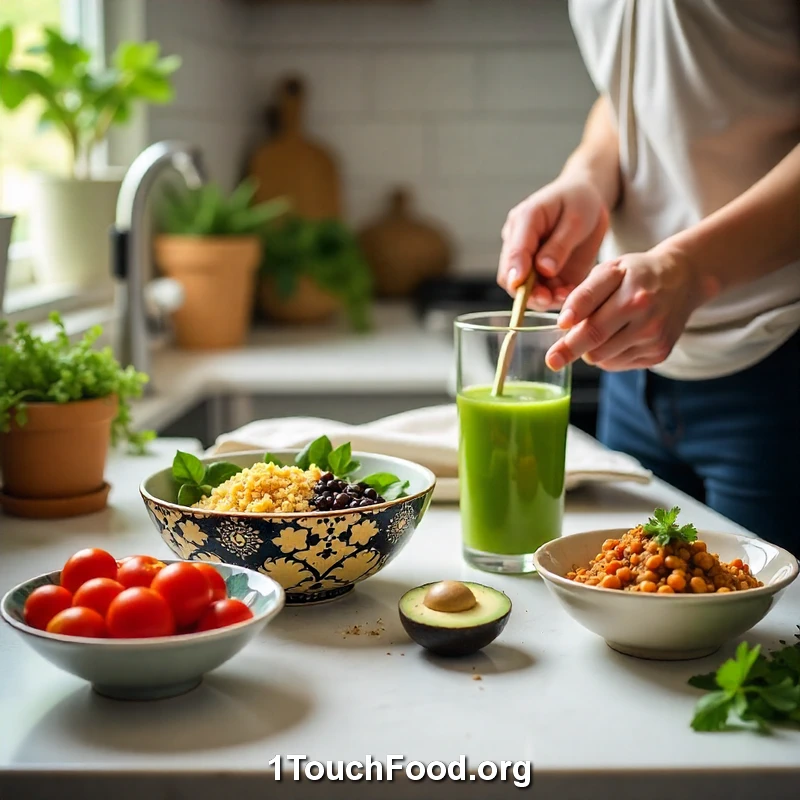
FAQs About Vegan Nutrition Recipes for Athletes
Can vegan nutrition recipes for athletes provide enough protein? Absolutely—plants like lentils, tofu, and quinoa offer ample complete proteins. Aim for 1.2-2g per kg body weight daily through diverse meals.
How do I meal prep vegan athlete meals for the week? Batch cook bases like grains and beans, portion into containers, and add fresh veggies daily. Stews and salads store well for 4-5 days in the fridge.
What are substitutes for common allergens in plant-based athlete diets? For nuts, use seeds; for soy, try seitan or peas. Always check labels for cross-contamination.
Is a vegan diet suitable for endurance nutrition? Yes, high-carb plants enhance stamina and recovery, with studies showing improved VO2 max.
How to store leftovers for longer? Freeze portions in airtight bags for up to a month; thaw and reheat gently to preserve nutrients.
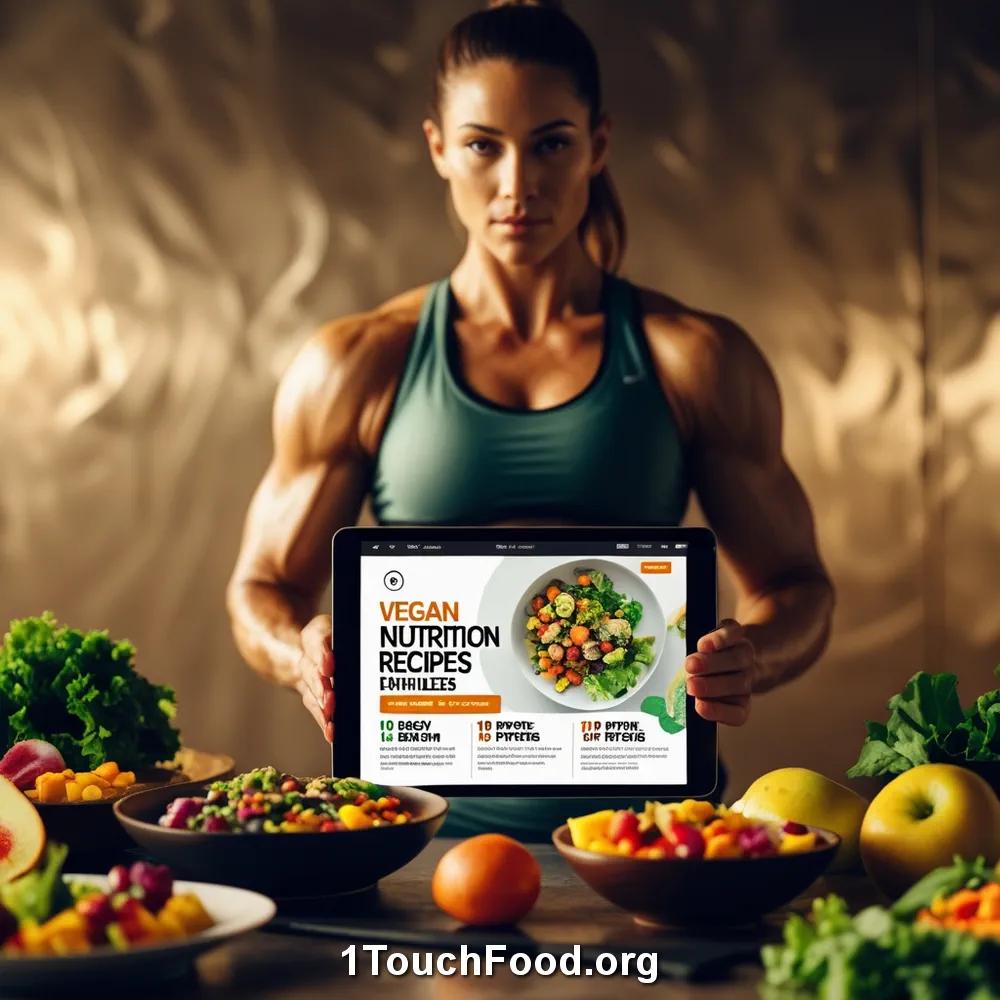
Conclusion
Embracing vegan nutrition recipes for athletes unlocks a world of benefits—from superior recovery and energy to customizable, delicious meals. With 10 diverse options covered, you’re equipped for any training phase. Try them out, tweak to your taste, and feel the difference in your performance. Share your successes in the comments and check out related articles on plant-based recovery shakes or meal planning for more inspiration.
Enjoy! See our youtube. Quench your thirst and revitalize your body with our collection of refreshing and hydrating recipes. All athletes must pay close attention to their nutrition to achieve optimal performance. You can see CookBook for athletes and Building a Bigger Butt. It’s very useful for athletes.


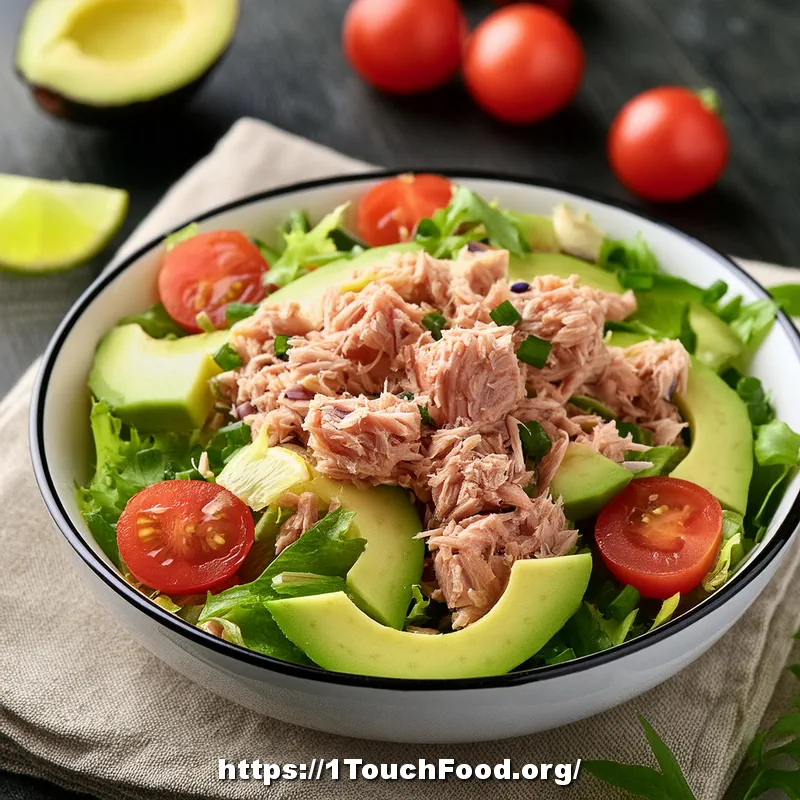
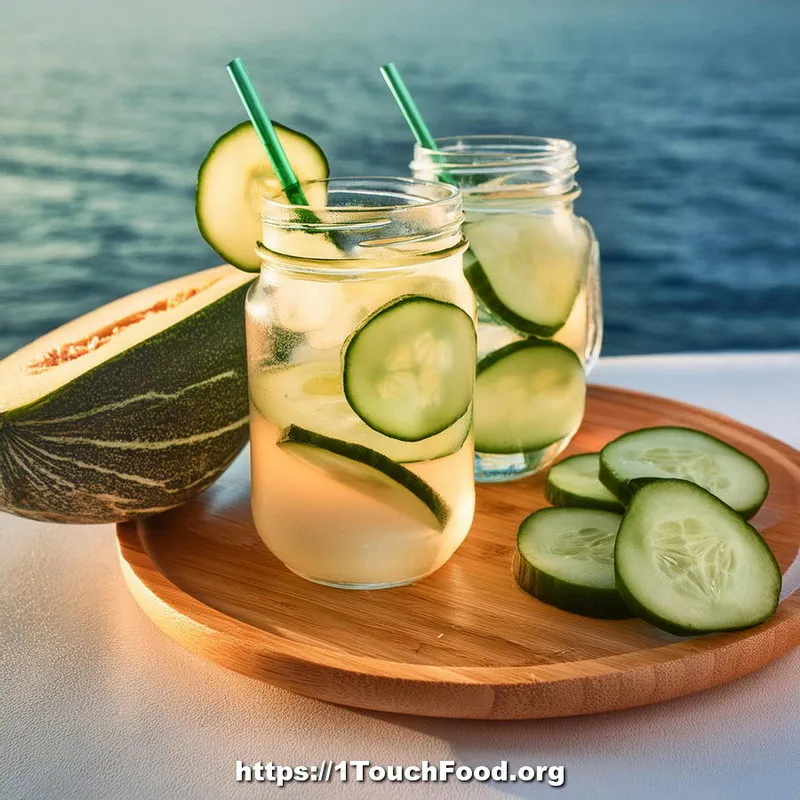

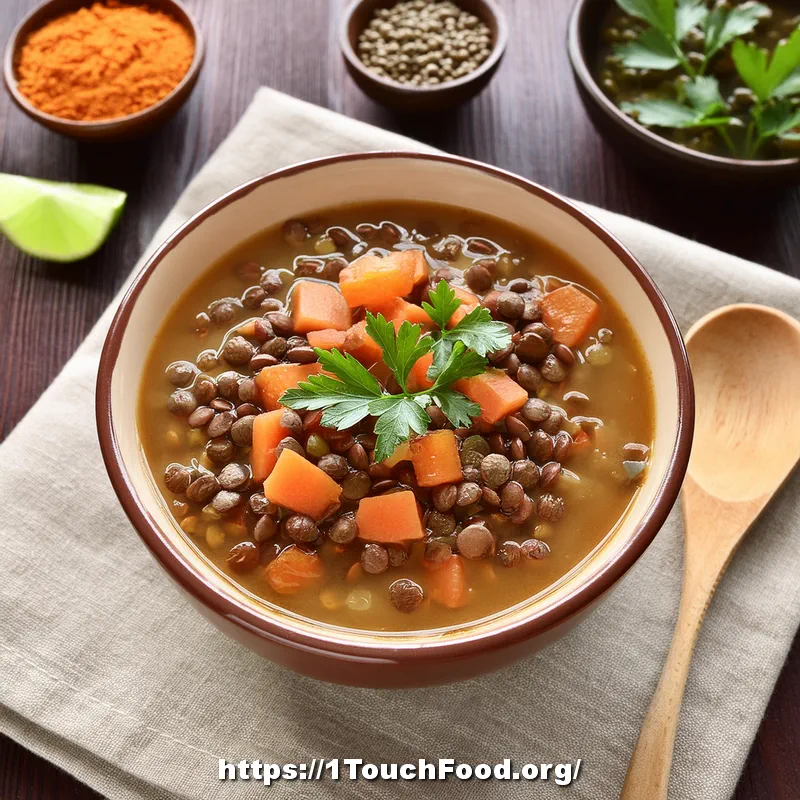

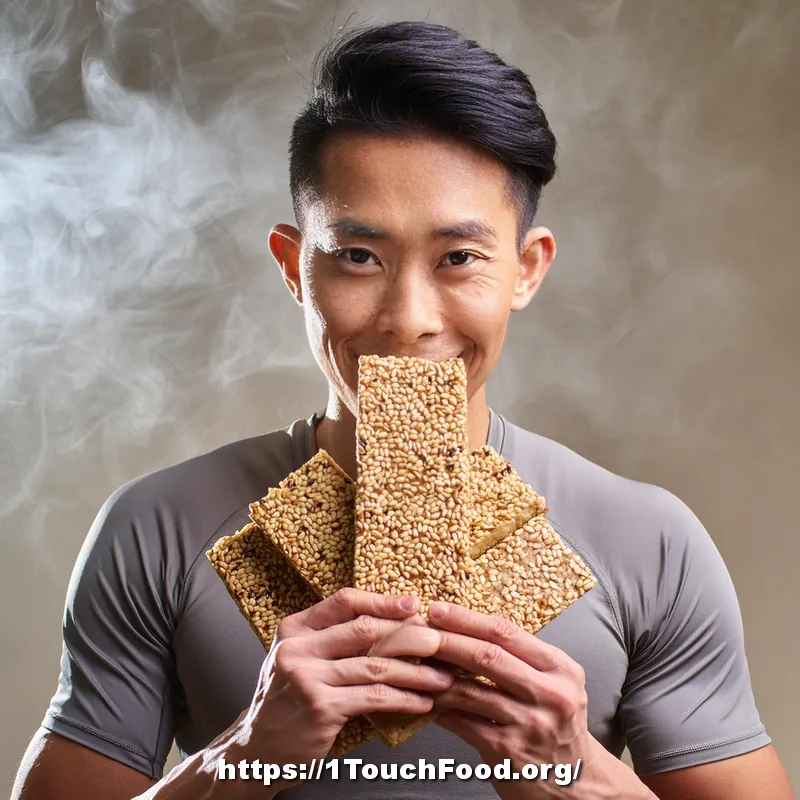





Leave a Reply